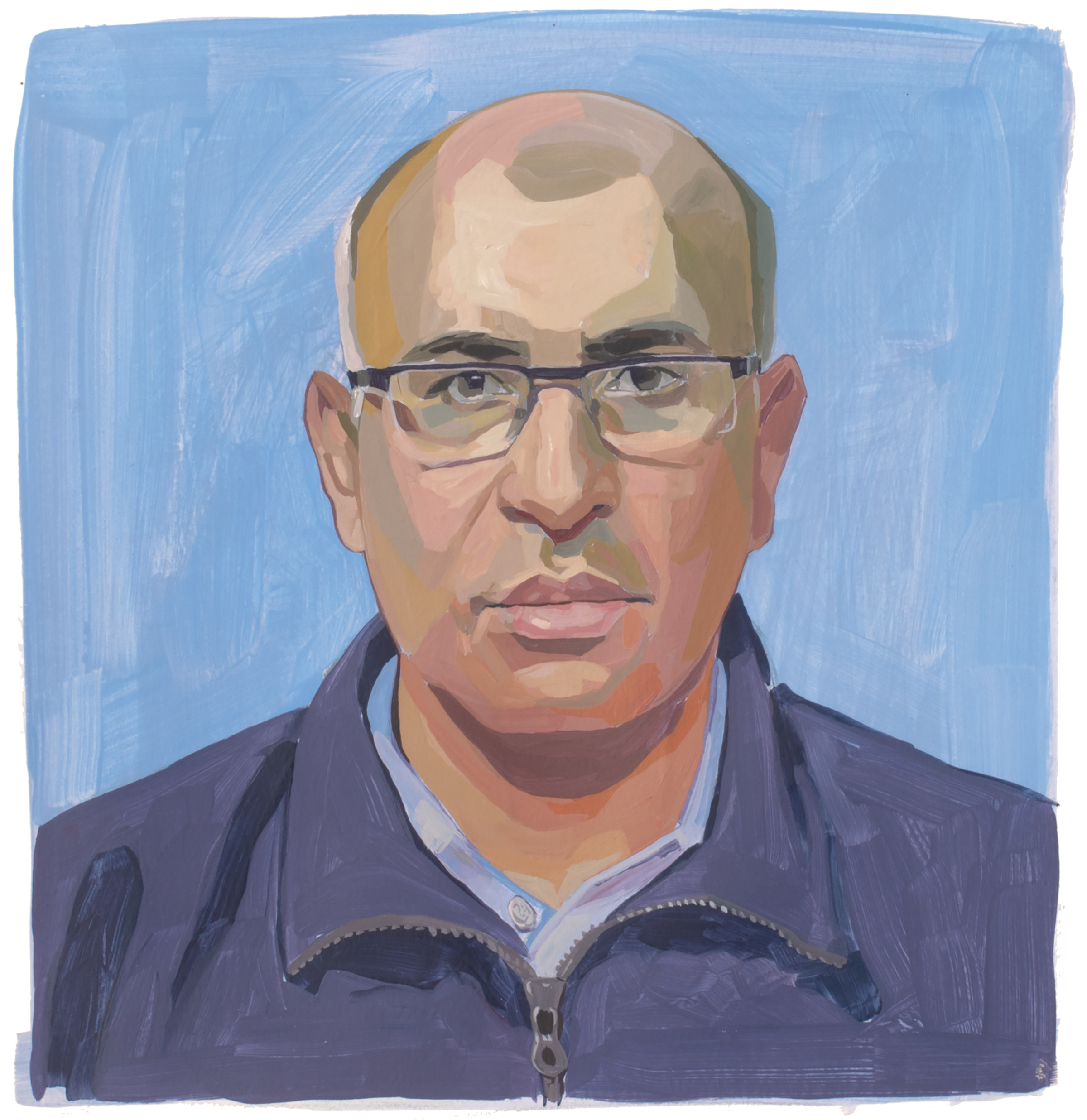A decade ago, Egypt had one of the world’s highest rates of hepatitis C, a viral infection that is spread through contact with infected blood and damages the liver, sometimes fatally. But in 2023, the World Health Organization (WHO) recognized Egypt as the first country in the world on track to fully eradicate the disease by 2030, in a feat that the WHO’s director-general called “nothing short of astounding.”
The man behind much of this historic effort is Dr. Khaled Kabil, who has led Egypt’s National Committee for Prevention and Control of Viral Hepatitis since it was founded in 2006. During his tenure, Egypt conducted a sweeping, nationwide testing and treatment campaign, made possible through a deal to purchase antiviral drugs at a steep discount and manufacture generic forms of the treatments within Egypt for even less money. Kabil also led efforts to open and staff 150 treatment centers throughout Egypt, which have now reached millions of people and helped bring hepatitis C prevalence to below 1% of the country’s population.
Egypt’s efforts have been so successful, in fact, that the country has begun donating hepatitis C drugs to other African nations, in an effort to promote progress beyond its borders and improve global health at scale.
More Must-Reads from TIME
- Cybersecurity Experts Are Sounding the Alarm on DOGE
- Meet the 2025 Women of the Year
- The Harsh Truth About Disability Inclusion
- Why Do More Young Adults Have Cancer?
- Colman Domingo Leads With Radical Love
- How to Get Better at Doing Things Alone
- Michelle Zauner Stares Down the Darkness
Write to Jamie Ducharme at jamie.ducharme@time.com





